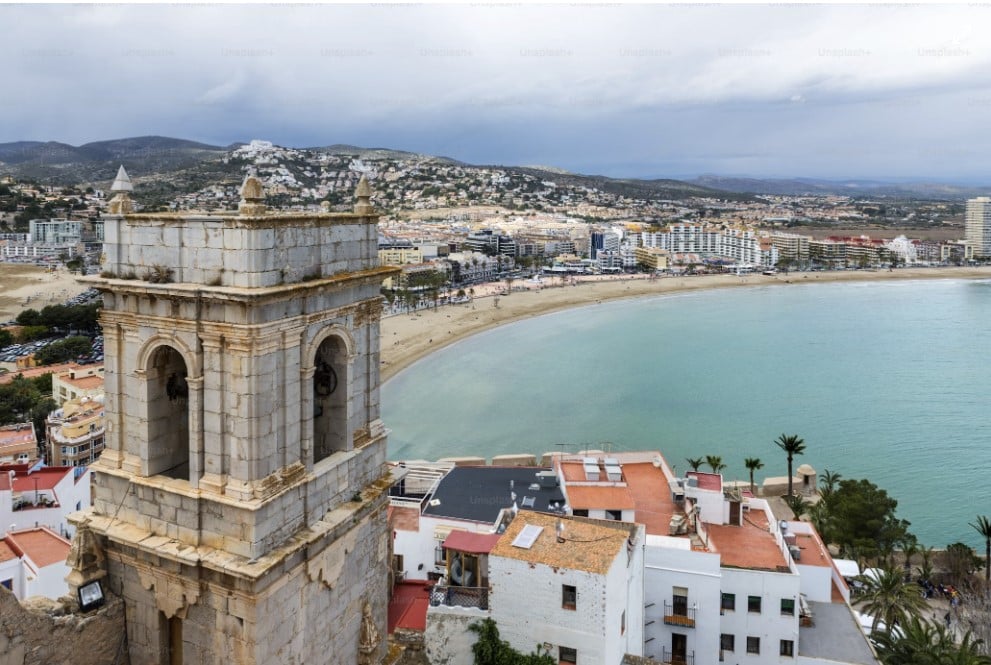Spain has always been a popular destination for expats, especially the British. In fact, regions like Alicante are said to have in excess of 75,000 Britons living there today. While many of these people are able to just up and move, others own property and have to carefully consider the best way to move forward.
Positives of Maintaining a Home in the UK While Living in Spain
Some expats decide to keep their UK home while living in Spain, and there are many good reasons to take this approach. Firstly, from a financial perspective, rental income can serve as a steady revenue stream to supplement your earnings or pension. Particularly if you own a home in London, the monthly rental income will likely cover a significant percentage of your living costs in Spain.
If the rental income aspect is less important in your situation, maintaining your UK home could allow for a much more flexible lifestyle and living arrangements. Maybe you have kids who are staying behind in the UK to study, and you want to visit frequently, or perhaps you want the option to combine a sunny Spanish summer with a traditional British Christmas each year. Having two homes in different countries to choose from provides a lot of additional freedom.
Similarly, that flexibility may become important if your circumstances change. Things like medical emergencies or changing professional commitments could necessitate going back to the UK, both of which would be much easier to manage when you have a house to return to.
Potential Downsides of Keeping Your UK Home
On the other hand, managing a property remotely can be fraught with challenges. The potential financial upside also comes with risks, and there are legal complications to contend with, as well. Even if the rental income far outweighs your ongoing costs, what happens if tenants stop paying or the property becomes vacant for a while?

Source: Pexels
In a worst-case scenario, you could find yourself in a situation where you can no longer afford to pay your mortgage payments. This could lead to a repossession process taking place, and just imagine how difficult that would be to deal with while you’re living in a different country.
If you found yourself in this situation and were desperately trying to stop repossession from happening, always keep in mind that the lender will want to help you come up with a repayment plan first and foremost. As per the Financial Conduct Authority, there are in excess of £15 billion in late mortgage payments in the UK alone, so don’t think that this situation is unique. Be upfront and work with the lender as best you can.
From a legal perspective, there are also complications related to tax obligations for non-resident landlords in the UK. What this means for you is nuanced and will depend on the specifics of your situation, but it must also be taken into account.
Maintaining your original home while living in another country can be very rewarding and offer a level of flexibility that few people have. However, there are also risks, and the advice of experts should be sought to make sure you understand exactly what you’re getting into.
Main Image Source: Unsplash





